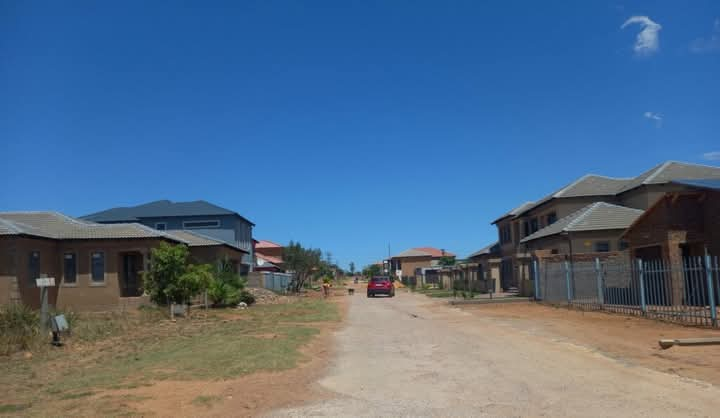 Illegally Township in Leeuwfontein near Mamelodi, Tshwane photo supplied
Illegally Township in Leeuwfontein near Mamelodi, Tshwane photo supplied
By Cllr Nasiphi Moya
Executive Mayor of Tshwane
In order to address the growing challenge of illegal townships that have mushroomed across the City, I have established a Mayoral Sub-Committee to formulate a standard and fair approach to addressing illegal developments.
The City of Tshwane has identified 17 illegally established townships within the metro’s boundaries.
The developments, some established on municipal land or private property, pose a humanitarian and legal threat to the City’s ability to provide reliable services to residents.
These settlements are scattered across the City and include: Leeuwfontein,
Kleinfontein, Moshate Gardens, Marula View, Mooikloof (Tweefontein) Wallmannsthal, Haakoringboom, Onderstepoort, Elandsfontein Plots and Moloto City.
The individuals responsible for these settlements did not follow the legal framework that governs township establishment.
In most cases, no formal township application was lodged, environmental and planning approvals were bypassed, and no bulk infrastructure was planned or installed.
As a result, these illegal developments now face a host of serious challenges:
•Inadequate access to water,electricity, sanitation, and roads;
•Poor spatial integration and service delivery backlogs;
•Increased pressure on overstretched municipal infrastructure; and
•Safety concerns linked to unlawful land occupation and overcrowding
Thousands of residents now live in settlements without legal recognition or access to basic services.
At the same time, these developments compromise long-term spatial
planning and divert resources from legally approved communities.
This committee will bring together the following Members of the Mayoral Committee (MMCs):
•MMC for Human Settlements (Chair) – Alderman Aaron Maluleka
•MMC for Economic Development and Spatial Planning – Cllr Sarah Mabotsa
•MMC for Utilities – Cllr Frans Boshielo
•MMC for Community Safety – Alderman Hannes Coetzee
The Sub-Mayoral Committee’s terms of reference will centred around the following tasks:
•Reviewing the findings and legal implications of the 17 identified illegal townships.
•Consulting with affected communities and property owners.
•Engaging relevant departments and enforcement agencies.
•Considering the policy, legal, spatial, and infrastructure implications.
•Recommending a consolidated approach and draft policy for Council’s consideration.
The process will also help establish mechanisms to prevent future unlawful
developments through improved enforcement, earlier detection, and greater community awareness.
This is a necessary step to protect the integrity of the City’s planning framework and uphold the rule of law.
Illegal township establishments undermine the principles of spatial justice, responsible land use, and
sustainable service delivery.
Tshwane Talks readers have been able to read stories in this publication for free for over two years now. We still want our readers to access our stories for free, but we are asking those among our readers who can afford it to contribute at least R30 a month to cover some of the costs of publishing this independent, non-aligned online newspaper which gives a voice to all sectors of society irrespective of race, colour, creed, religion, or political affiliation. You may make your contribution by depositing at least R30 a month into Tshwane Talks' bank account. Details are as follows:
Bank Details
Bank: Standard Bank
Account Number: 10225548834
Account Type: Cheque Account